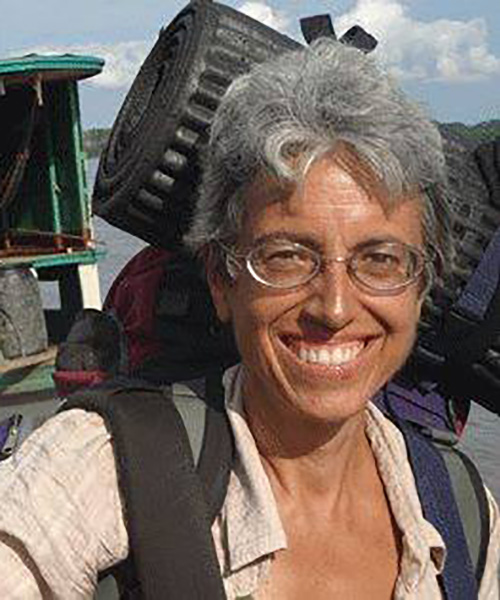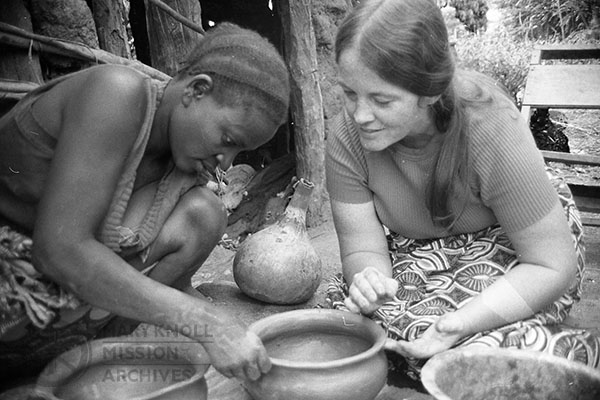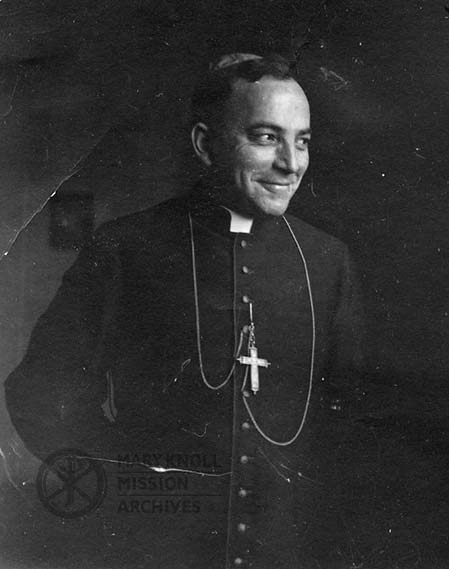When the disciples began to speak in different languages, they were able to preach the Good News beyond their own community. But communication is a two-way street. With the ability to speak comes the responsibility to listen. Once we can communicate, once we can understand, we must stop and listen to what others have to say. We have much to learn from people who are different from us.”
This is so important to always remember. One must listen. It can help to bring us understanding and growth in what can begin as an unfamiliar setting or a moment of tension due to opposition. This act of learning through sharing, listening, experiencing and understanding differences has been expressed in so many accounts shared by Maryknollers from the very beginnings of Maryknoll. Here Sr. Bernice Rigney tells of her time in Africa:
Bishop Francis X. Ford shared a similar outlook in his belief that “’[H]e wanted the Sisters to go out and preach.’ He [w]anted them to learn the language well and have an appreciation of the culture, and the quickest to do so was by living in people’s homes[…] He constantly extolled the virtues of the Chinese culture and people[.] Americans, he often said, could learn as much from the Chinese as they from the Americans.”
This attitude of learning from those they are working with in mission plays through the stories of Maryknollers in a myriad of ways. They are taking that moment to listen and learning so much. In this life, take that moment. Think of everything you might learn. You will not only expand your mind but also your heart.



